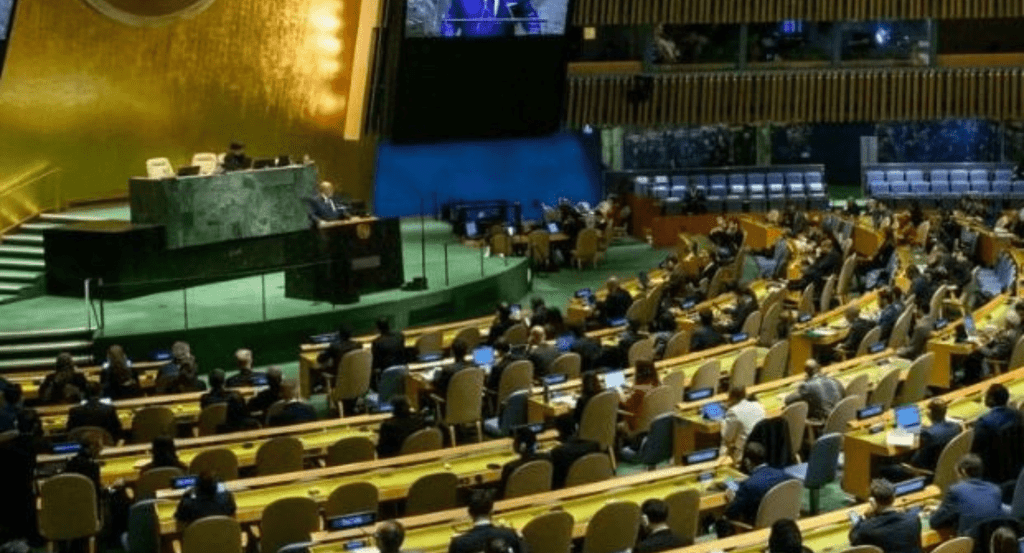In a landmark decision, the United Nations General Assembly has adopted a new treaty aimed at combating cybercrime, marking a significant step in international efforts to address the growing threat of cyberattacks.
The UN Convention on Countering the Use of Information and Communications Technologies for Criminal Purposes was approved by member states during a special session in New York. The treaty is the first comprehensive international legal framework addressing cybercrime, underscoring the need for global cooperation to combat online criminal activities.
Key Highlights of the Cybercrime Treaty
- Enhanced International Cooperation:
The treaty establishes mechanisms to facilitate collaboration between nations in investigating and prosecuting cybercrime, including information sharing and joint investigations. - Focus on Human Rights:
While addressing cybercrime, the convention includes provisions to protect human rights and fundamental freedoms, ensuring that measures to combat cybercrime do not infringe on privacy or freedom of expression. - Capacity Building:
The agreement emphasizes the need for capacity-building programs, particularly in developing countries, to strengthen their ability to prevent, detect, and respond to cybercrime. - Addressing Diverse Cyber Threats:
From ransomware attacks to online child exploitation and financial fraud, the treaty targets a broad spectrum of cybercrimes.
Global Reactions
The adoption of the treaty has been widely praised by governments, cybersecurity experts, and human rights advocates. UN Secretary-General António Guterres described the treaty as “a milestone in the fight against cybercrime, reflecting our shared commitment to a safer digital future.”
The international community has also highlighted the treaty’s significance in bridging the gap between nations with advanced cybersecurity infrastructure and those with limited resources. “This convention provides the tools needed for inclusive global action against cybercrime,” said Ghada Waly, Executive Director of the United Nations Office on Drugs and Crime (UNODC).
Why It Matters
- Rising Cybercrime Rates: With cyberattacks on the rise, the treaty offers a unified approach to tackling crimes that transcend borders.
- Protection of Vulnerable Groups: It prioritizes the protection of vulnerable populations, including children, from online exploitation.
- Economic Impact: By addressing financial fraud and hacking, the treaty aims to reduce the economic losses caused by cybercrime.
Challenges Ahead
While the treaty is a major achievement, implementation will require significant effort. Critics have raised concerns about potential misuse by authoritarian regimes to stifle dissent under the guise of fighting cybercrime. Advocates have called for robust oversight mechanisms to ensure compliance with human rights standards.
As countries begin to ratify and implement the treaty, experts stress the importance of fostering trust and collaboration among nations. The treaty’s success will hinge on its ability to balance security measures with the protection of individual freedoms in an increasingly interconnected digital world.























